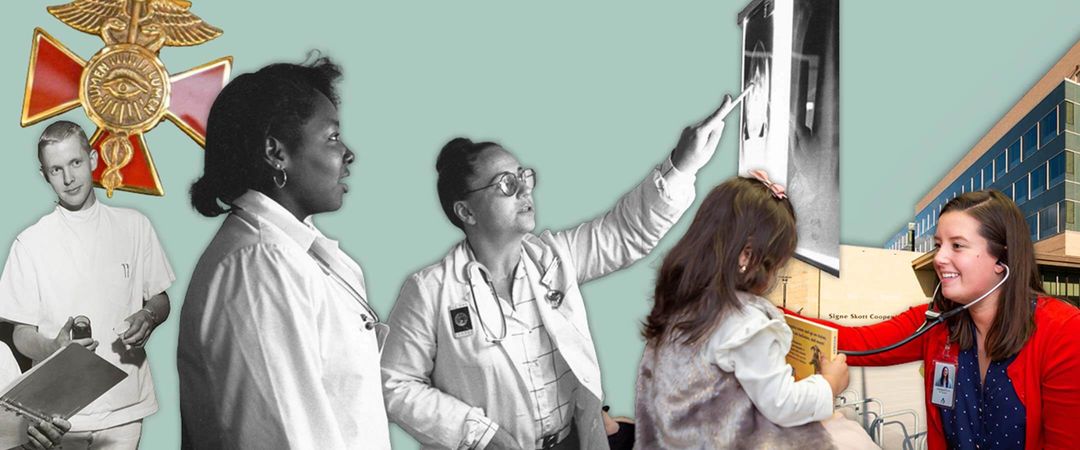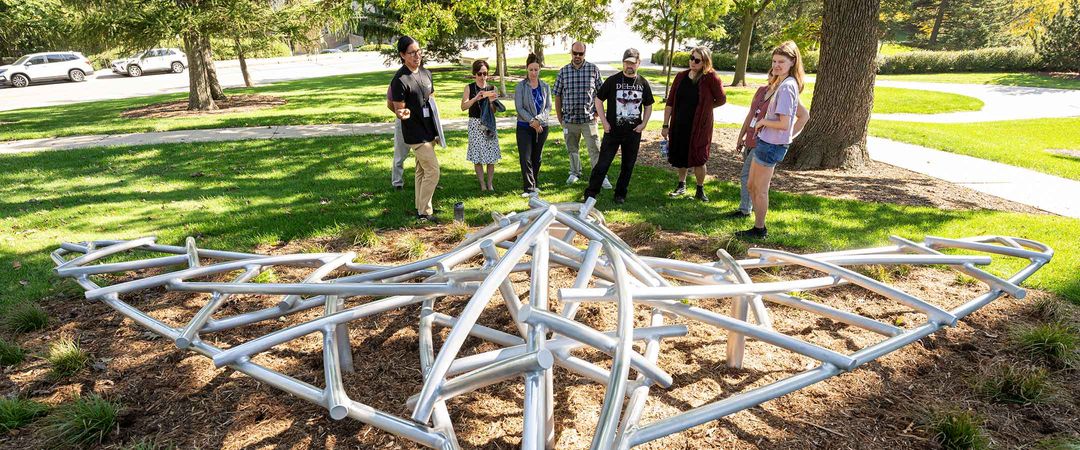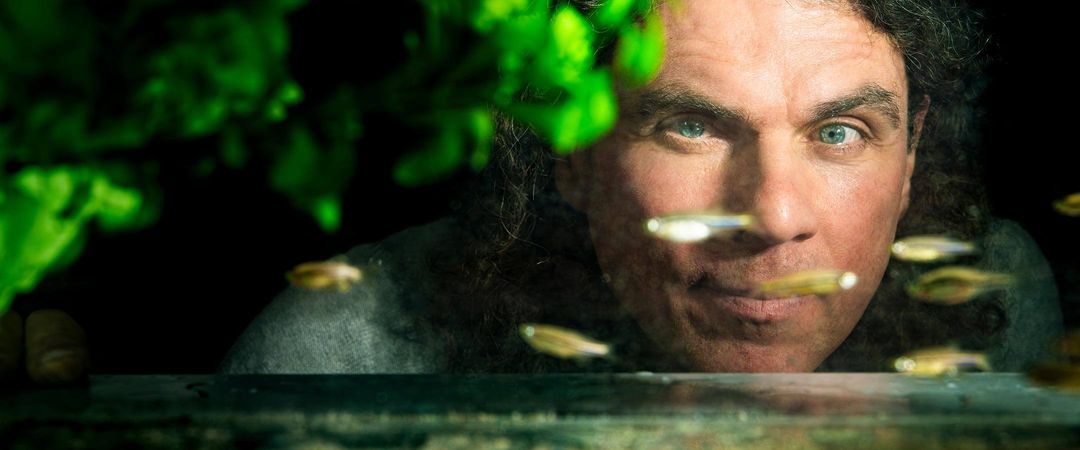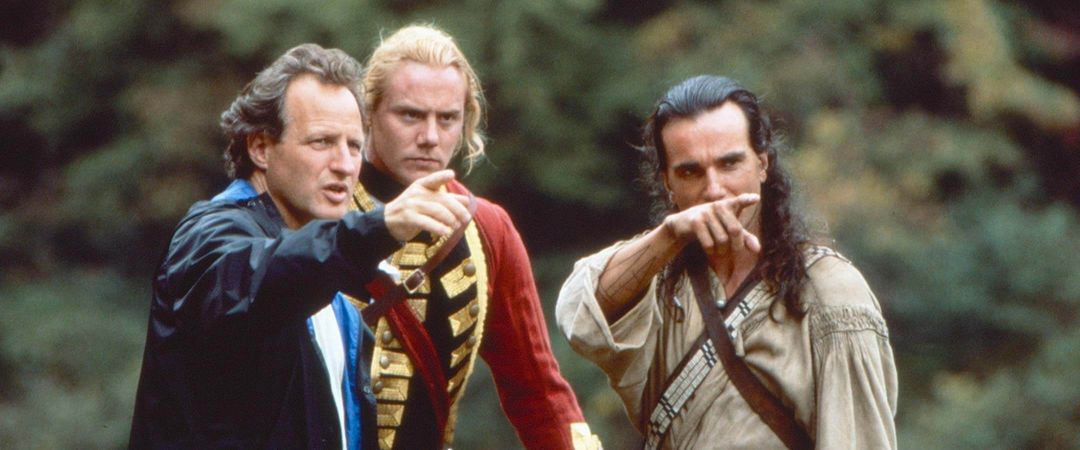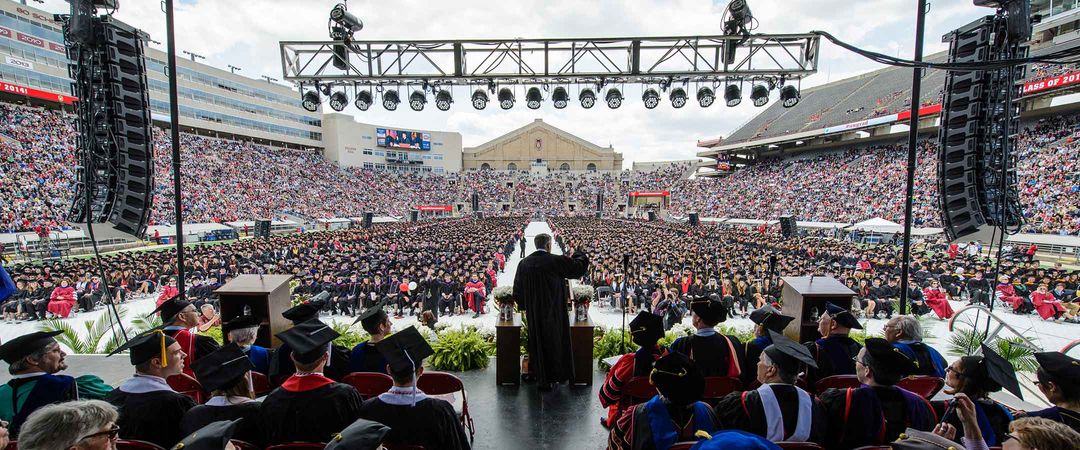A heightened Cold War served as the backdrop of Andrew Kydd’s adolescence and young adulthood. It inspired a lasting interest in global security issues, including war, international trust, the proliferation of weapons of mass destruction, and terrorism. Kydd earned his PhD in political science from the University of Chicago and taught at the University of California–Riverside and Harvard University before coming to the UW in 2007. He now teaches issues surrounding international trust and conflict through the lens of game theory in the UW’s department of political science. On August 2, he’ll join the UW Now Livestream to help explain the conflict between Ukraine and Russia and examine the factors that are currently preventing peace.
Chief Area of Research:
The war in Ukraine is a war by Russia against Ukraine. It’s a very high-intensity war, so it’s the kind of thing that I’ve studied for many years. I’ve taught courses on war initiation. I’ve written articles on bargaining in war and trust in war.
What I do is called game theory, which is this mathematical modeling approach to studying human behavior — actually, it could be animal behavior as well. And that had come into prominence in the early ’80s, mid-’80s with work by people like Robert Jervis and Robert Axelrod. I picked up on that at that point and thought that that was a great approach to these questions.
On the UW Now, I’ll Discuss:
People are very interested, of course, in how the war might come to an end, and that’s related to my interest in war termination and conflict resolution. I could talk to some extent, if there’s interest, about the nuclear weapons aspect. Russia has nuclear weapons. Ukraine doesn’t. Ukraine had nuclear weapons when they split off from the Soviet Union, but then they gave them up. But there’s a nuclear aspect vis-à-vis NATO and the United States, as well. A lot of people are worried that the war might escalate to a war between NATO and Russia, and nuclear weapons could be involved in that conflict if it were to do so.
One Thing I’d Like Viewers to Remember Is:
It’s going to be a potentially long conflict. It’s already been half a year since February, when the conflict began. These are two large countries with a lot of resources to devote to this war and who care very deeply about the outcome. That’s a recipe for a long, drawn-out, costly conflict. So people shouldn’t necessarily think this will be resolved anytime soon. This could go on another six months; it could go on for multiple years.
I also think that it’s relatively unlikely that there’s going to be a negotiated solution, though international actors are trying to facilitate that by mediation. I think it’s going to probably be fought out to a fairly decisive conclusion, militarily on the ground. And whatever ceasefire agreement is reached, will probably simply follow and ratify whatever the frontlines on the ground are that have been achieved militarily, rather than some negotiated solution at a conference table.
To Get Smart Fast, Read:
I would, in general, follow the standard media sources like the Washington Post [and] the New York Times. Both have good coverage of the Ukraine War. CNN has good coverage. The Kyiv Independent, which is a newspaper in Ukraine [that] you can follow on Twitter, is another possibility, from the Ukrainian perspective. General Mark Hertling, who is also on Twitter, provides a lot of interesting analyses of the Ukraine War from time to time.
